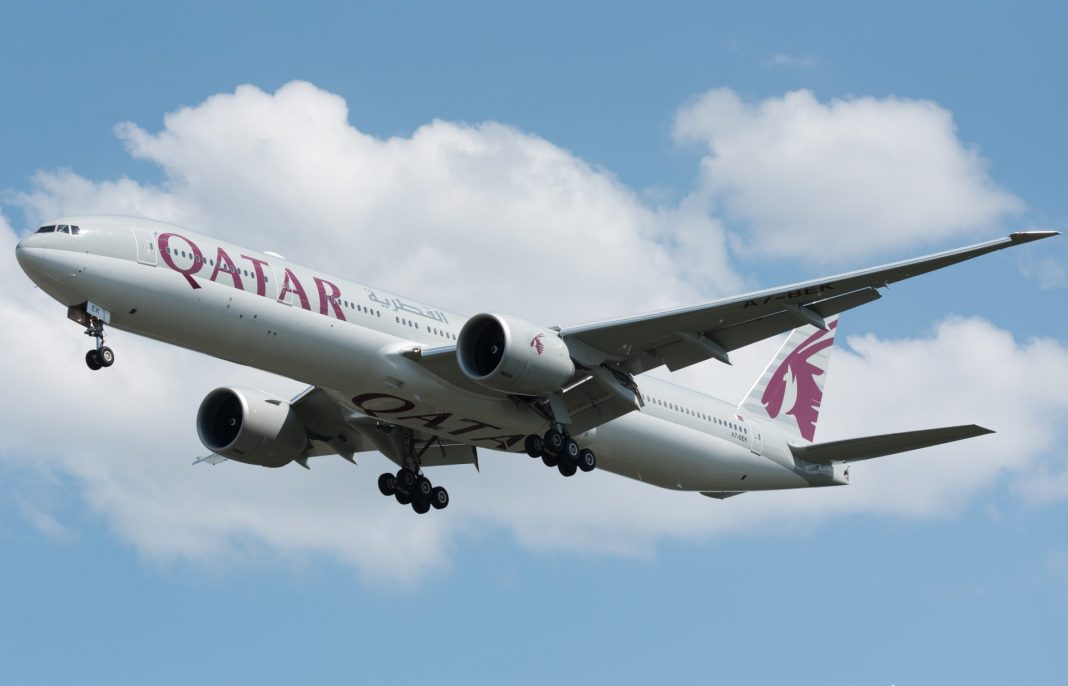By John McDermott
Qatar Wins Aviation Boycott Case in International Court
The International Court of Justice (ICJ), the highest court in the United Nations, on Tuesday ruled in Qatar’s favor over an aviation boycott by imposed in recent years by other Arab nations. The court rejected an appeal by Bahrain, Egypt, Saudi Arabia and the United Arab Emirates (UAE) of a 2018 International Civil Aviation Organization (ICAO) decision to dismiss the countries’ challenge to its jurisdiction, per the Associated Press via ABC News.
Qatar Airways originally filed a case in 2017 when Emirates Airline, flydubai, Etihad Airways, Air Arabia, Saudia, Gulf Air and other Middle Eastern airlines canceled services to Doha, and several countries — including Bahrain, Egypt, Saudi Arabia, the UAE and Yemen — closed their airspace to Qatari aircraft. The countries also cut trading ties with Qatar and cut off its seaports and sole land border, with Saudi Arabia. They blamed Qatar’s support for Islamist opposition groups viewed as terrorists for their sanctions. In its court filing, Qatar claimed the moves breached international aviation rules.
Now, the boycotting countries may need to dismantle their boycott entirely, though it is currently unclear what exact actions the countries will be required to take.
The ICJ also ruled that the ICAO has jurisdiction in the case, upholding a 2018 decision. This is despite Bahrain, Egypt, Saudi Arabia and the UAE claiming that the ICAO should not be allowed to judge the case and that letting it do so is “manifestly flawed and in violation of fundamental principles of due process and the right to be heard.” The coalition asked the ICJ to declare the ICAO’s decisions thus far “null and void and without effect,” per Aljazeera.
“We are confident that the ICAO will ultimately find these actions unlawful,” said Qatari Minister of Transport and Communications Jassim Saif Ahmed Al-Sulaiti after the most recent ruling. “This is the latest in a series of rulings that expose the Blockading Countries’ continued disregard for international law and due process. Step by step their arguments are being dismantled, and Qatar’s position vindicated.”
Hissa Abdullah Al Otaiba, the UAE’s ambassador to the Netherlands, called the decision “technical and limited to procedural issues and jurisdiction to address the dispute,” saying “it did not consider the merits of the case.”
Put together, Qatar lost huge sums of money through lost trade and terminated business deals over the roughly three years since boycotts were first announced. Airlines also lost millions since tourism to and from a number of notable nearby countries was eliminated.
That was all in addition to the extra gas, crew payments and overflight fees, notably expensive in Iran, which comes as a result of the fact that Qatari airlines must currently fly much longer routes to avoid the airspace closed off to them by the countries enacting the boycotts. Long travel times and higher ticket prices required to get around restricted areas also likely discouraged travelers from other countries from visiting Qatar, opting instead to visit cheaper destinations or choose routes with shorter flights.



